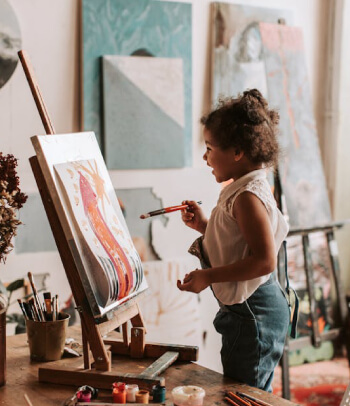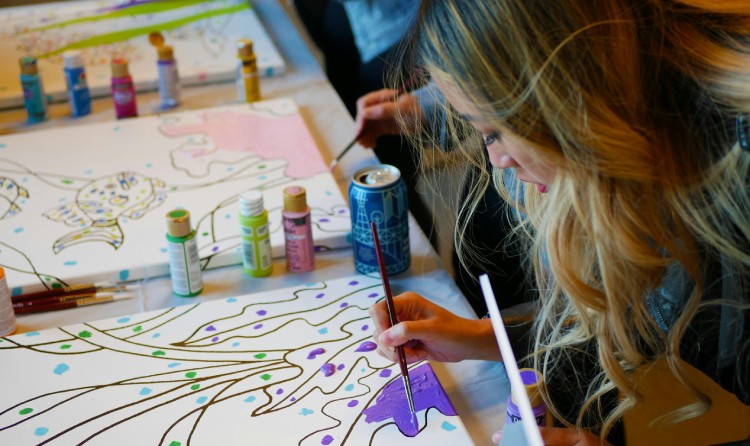The Importance of Art Programs
Art programs in schools are essential for holistic education. They provide creative outlets that complement traditional academic subjects. Research has shown that students who participate in art education often perform better in other academic areas.
Art education helps students develop soft skills like communication, collaboration, and creative thinking. It supports cultural understanding by exposing students to diverse artistic traditions and perspectives. Moreover, art can be a powerful tool for supporting mental health and emotional well-being.


